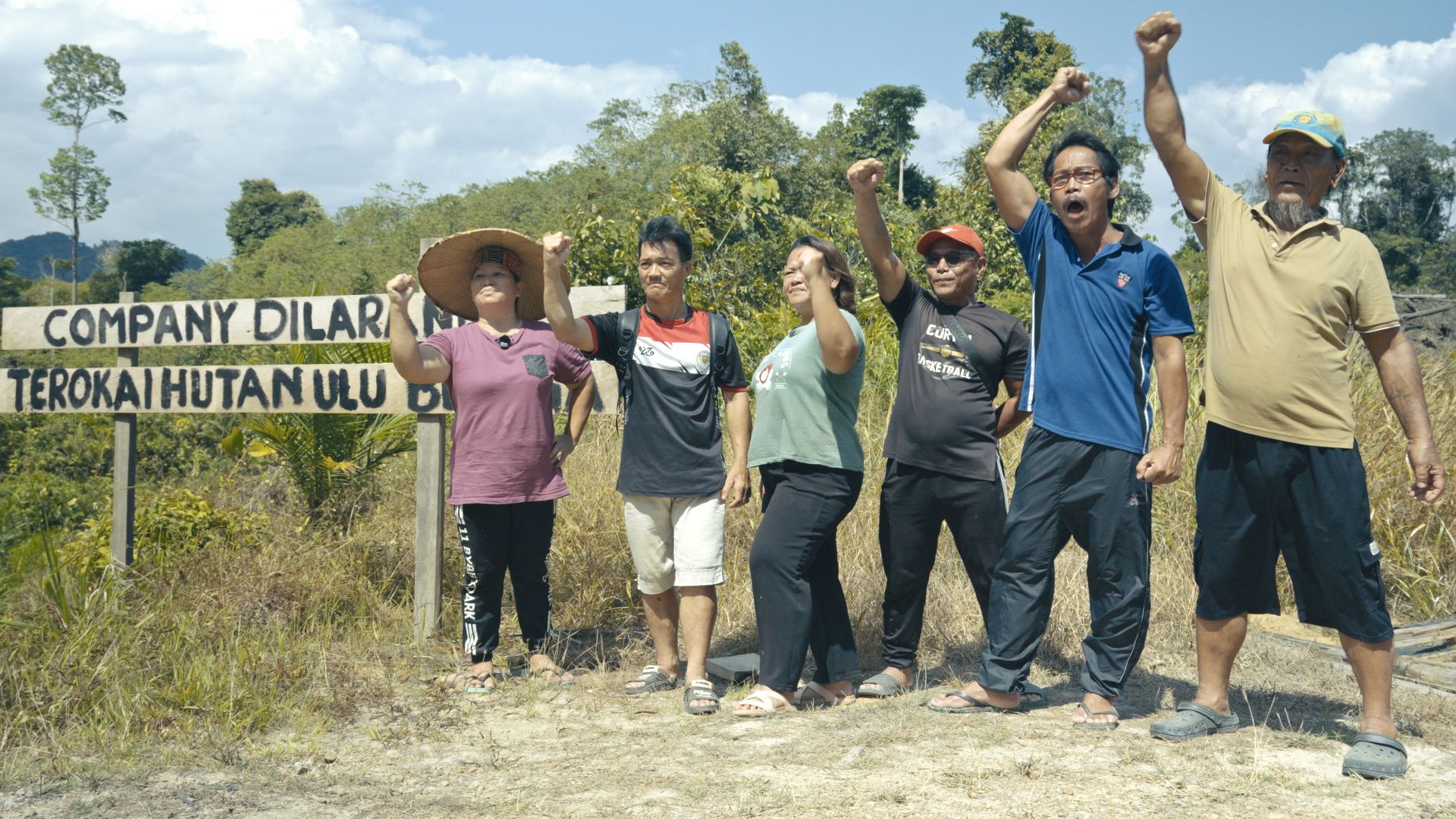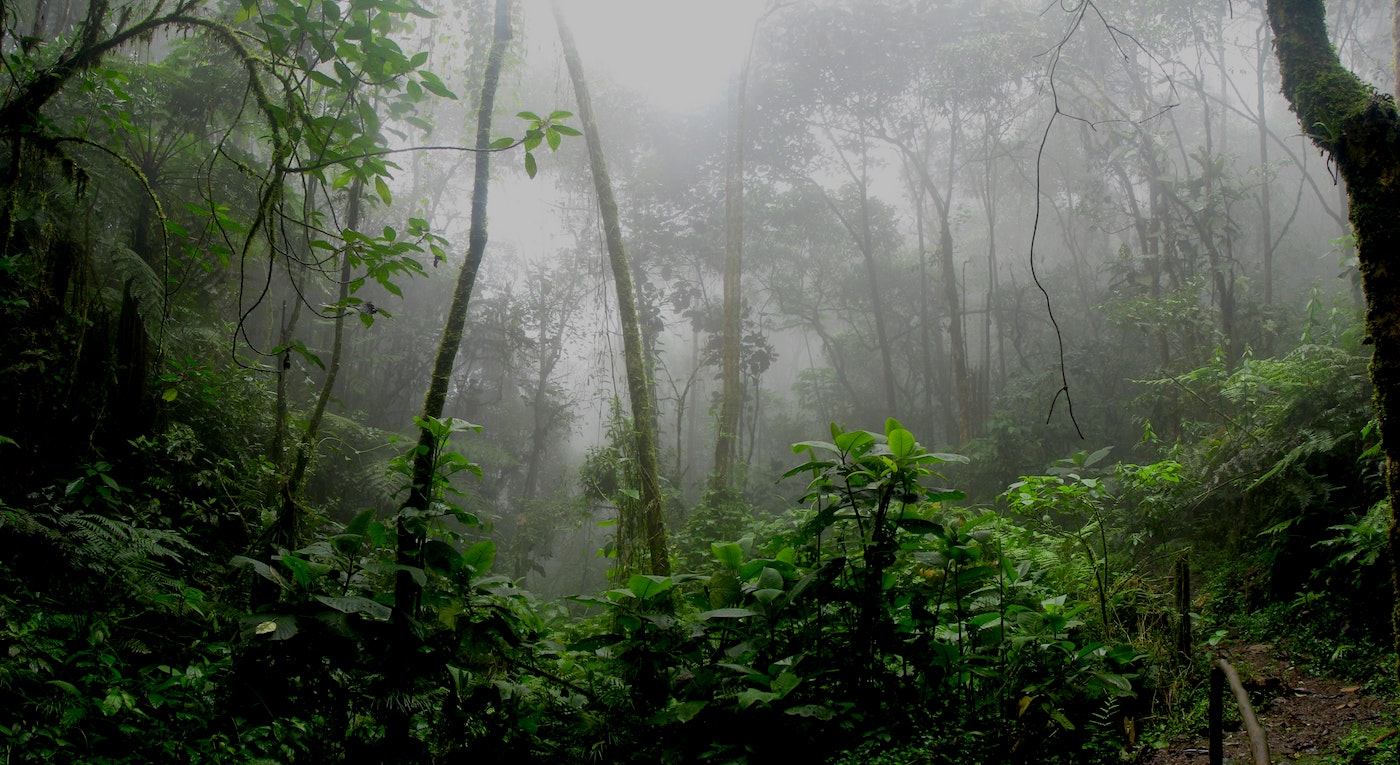
BELAGA, Sarawak — Indigenous communities in Sarawak have won a major victory in their campaign to stop deforestation on their native lands. After clearing over 1,000 hectares of natural forest for oil palm in the last year, Urun Plantations Sdn Bhd has committed to a moratorium on further clearing in the disputed area.
Community leaders have also reported that the Glenealy/Samling Belaga Mill, the last remaining mill purchasing from Urun Plantations within 50 kilometres, has suspended sourcing from the plantation, creating a major barrier for Urun Plantations to sell their fruit into commercial palm oil supply chains.
The moratorium and suspension come after mounting local opposition and international scrutiny. The Borneo Project identified multiple significant global buyers, including major consumer brands that list the Glenealy/Samling Belaga mill in their public supply chain disclosures. These companies were alerted to ongoing deforestation and conflict with local communities, generating increased scrutiny in the supply chain and pressure on the mill to suspend ties with Urun Plantations.
“After nearly 2 years of standing firm, in spite of experiencing constant gaslighting narratives, these results are a vindication of the communities’ claims” said Celine Lim, Managing Director of SAVE Rivers. “The fact that Urun Plantations is now halting forest clearing and seeking engagement with the affected communities is a testament to the power of local resistance and international solidarity.”
Since late 2024, Kenyah and Penan residents have maintained a blockade and organized a campaign demanding that Urun Plantations stop clearing forest within their territories.
Community leaders are now hopeful that a deal can be brokered whereby cleared forests are restored and threatened habitats are rehabilitated.
While the halt in deforestation is an important milestone, systemic issues remain. Reforestation is a complex and long-term commitment. If Urun Plantations agrees to address their deforestation liability through community engagement, forest rehabilitation and other conservation projects, the company may be reintegrated into the supply chain.
“We welcome this positive turn of events, but the damage to over a thousand hectares of forest cannot easily be undone,” said Jettie Word, Executive Director of The Borneo Project. “Urun Plantations continued clearing forest in violation of MSPO and RSPO standards for many months after being alerted to the problem. It’s only now, after losing market access, that they’ve changed course. This is a clear sign of deeper flaws in the palm oil industry.”
Communities are still waiting for a decision from MSPO, after submitting a complaint about Urun Plantations in May.

